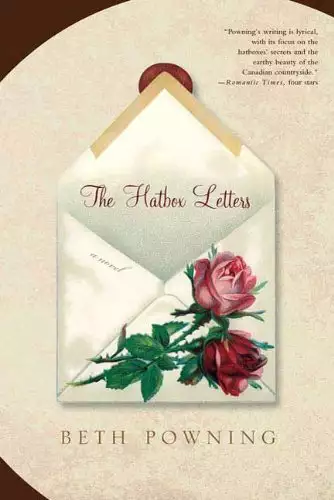Part One
We hope you are enjoying the book so far. To continue reading...
The Hatbox Letters
Beth Powning
Copyright © 2025 All Rights Reserved
Close
